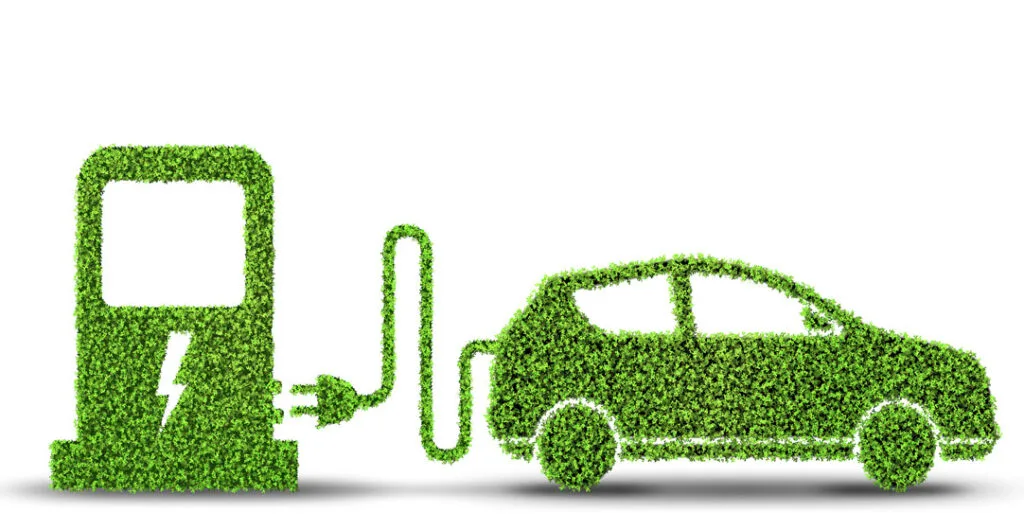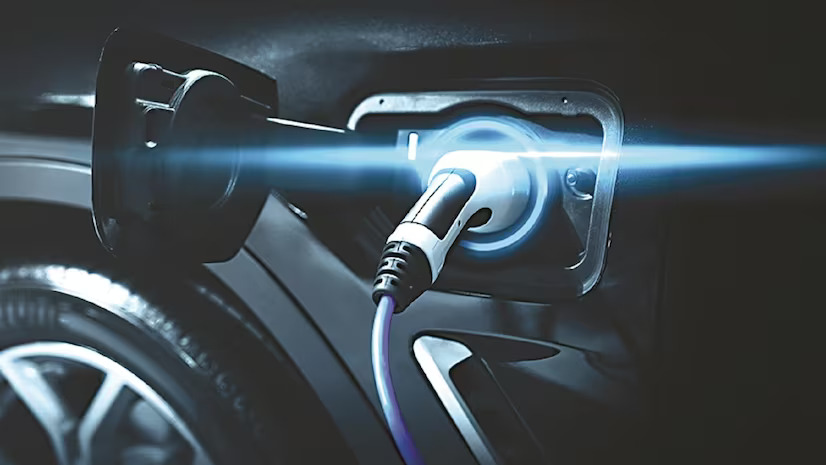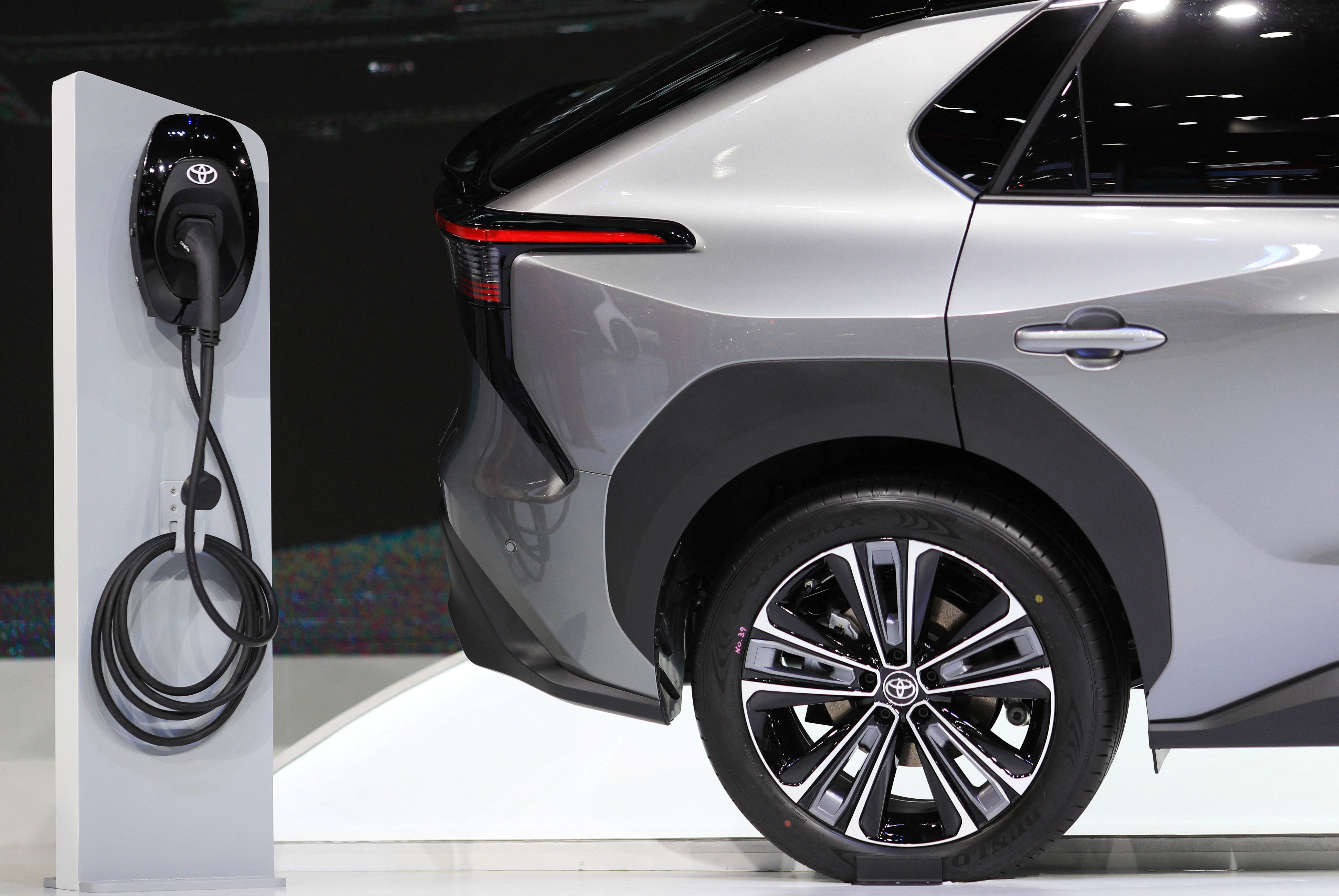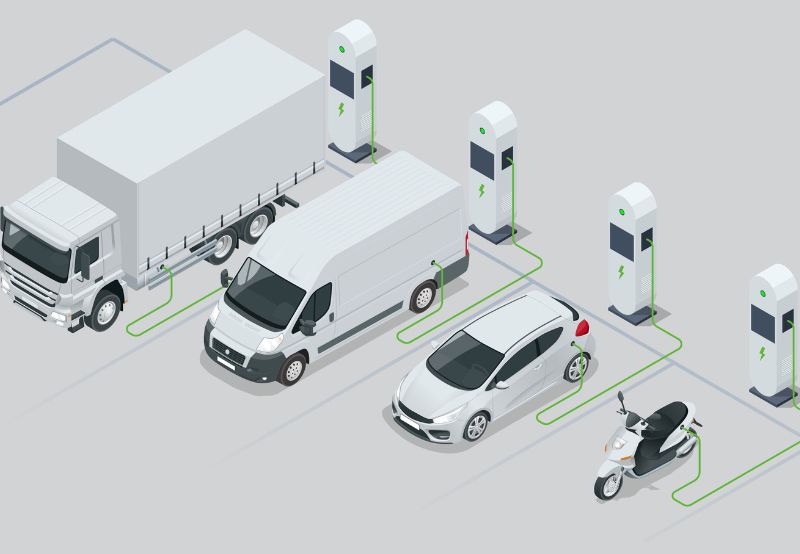
Table of Content
▼Currently, India's dependence on foreign countries for essential elements acts as a hindrance to its e-mobility drive.
To achieve energy independence by 2047, India must be self-reliant for its value chain, and must limit its imports of petroleum and coal. This can start with the country's investment in renewable energy, EVs, green fuels and battery storage. India recorded crude oil imports of 232.5 million metric tonnes (MMT) in FY 2023-24, while in FY23 it recorded 232.7 MMT imports, indicating the country's dependence on imports.In order to reduce imports and promote eco-friendly transportation with non-fossil fuel vehicles, the Indian government introduced EV30@2030, aiming to achieve 30% EV penetration by 2030.

Currently, India's dependence on foreign countries for essential elements acts as a hindrance to its e-mobility drive.In order to tackle this issue, it is crucial to enhance research and development in the automotive sector.. Highlighting the concerns and facilitating the roadmap to EV30@2030, the Office of the Chief Scientific Adviser to the Government of India launched the "E-Mobility R&D Roadmap" on 16 July 2024.
This drive will highlight the technical aspects and research areas that require urgent attention for India in the coming 5 years. In addition, it also aligns with India's goal of becoming self-reliant, aiming to establish the country as a global leader in mobility solutions.
This report complements the previous actions taken by the Department of Science and Technology, professor. Karthick Athmanathan is a Professor of Practice at IITM. Athmanathan temporarily left Ashok Leyland to contribute to society and is participating in creating the report. He previously led the electric mobility division at Ashok Leyland.
“This is for the long-term strategy for the country... This document is a thought initiator and a debate document, which will be refined in collaboration with various ministries and departments. So all the ministry officials will also attend. And each topic based on which ministry handles it, including DWT because they are probably going to be the central agency for implementation."This report is like an inception document," Athmanathan explained to ETAuto.

The report with CGem Advisory Committee members will be presented on 16th July. This consists of:
Advisory Committee of the Consultative Group on eMobility (CGeM):-
- Prof. Ajay K. Sood, Principal Scientific Adviser, Government of India
- Dr. Parvinder Maini, Scientific Secretary, Office of PSA
- Prof. Karthick Athmanathan, IIT Madras
- Dr. Preeti Banzal, Adviser/Scientist 'G', Office of PSA
Members of the CGeM:
- Dr. Preeti Banzal, Adviser/Scientist 'G' in the Office of PSAProf. Karthick Athmanathan, IIT Madras
- Suresh Kumar Kunhikannan, Scientist 'F' (Retd.)
- S. A. Sundaresan, Vice President, Ashok Leyland Ltd.
- Dr. Jabez Dhinagar, Senior Vice President, OLA Electric Ltd.
- Prof. C. S. Shankar Ram, IIT Madras Prof. Sagar Mitra, IIT Bombay
- Prof. R. V. Ravi Krishna, 11Sc Bangalore
- Dr. Kaushal Kumar Jha, C-BEEV, Chennai
- Prof. Kannan L, C-BEEV, Chennai
- Dr. Malobika Karanjai, Scientist' F', ARCI, Hyderabad
- Dr. K. Balasubramanian, Director, NFTDC, Hyderabad
- Abhijit B. Mulay, Deputy Director, ARAI, Pune
- Dr. Sneha Malhotra, CTO, Office of PSA
- Shubham Agrawal

The key points of the report will be the proposed administrative mechanisms for each project. Projects will adhere to TRL (Technology Readiness Level) Scope 2 to 5. Research institutions/laboratories and academia are expected to lead in technology development with the support, involvement and involvement of industry. From TRL-6 to TRL-8, industry is expected to take the lead in commercial activities and manufacturing.
The aim of this project is to address all key aspects that are not covered by the current research and development framework. This includes rapid uptake and effective penetration of existing international technologies to adapt them to the Indian context, supporting the scale-up of market-driven production.
This project will create a strong foundation for India to drive future innovation and collaboration.
Also Read: What can the government in the Budget 2024 do to charge up India's EV sector
Neha Mehlawat
Neha Mehlawat is an automotive journalist and industry analyst with 10+ years of experience covering cars, bikes, and mobility trends. She tracks the latest launches, technology upgrades, and policy changes in the auto sector, delivering sharp insights that help readers stay ahead in the fast-evolving world of automobiles.

_1771309956.webp)
_1770973085.webp)


